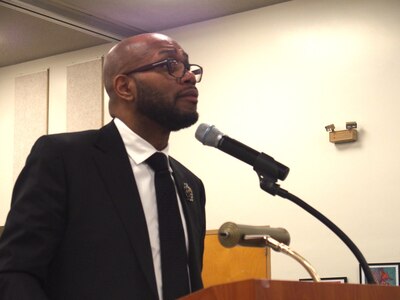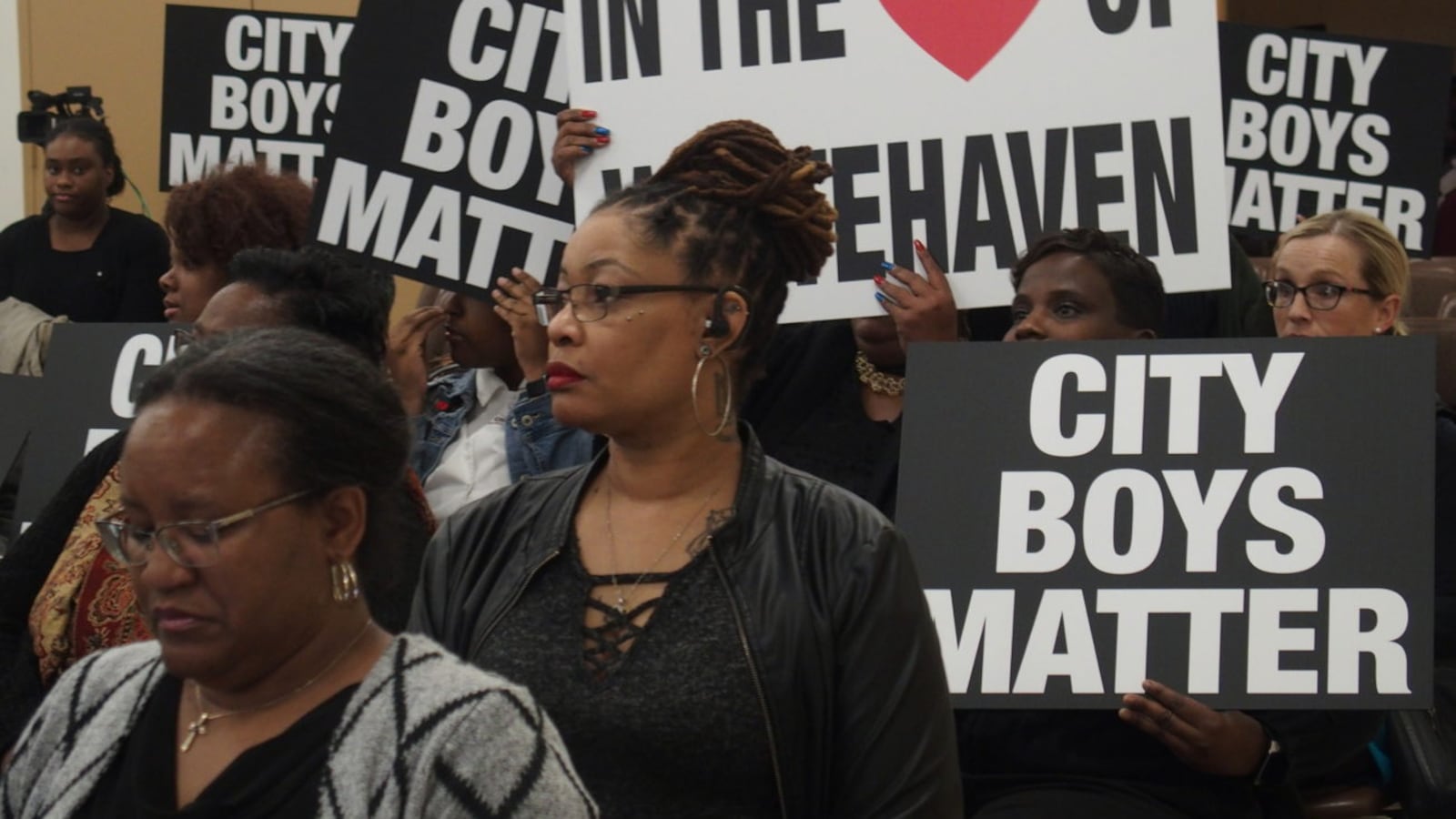A small middle school for boys has appealed the decision of Shelby County Schools not to renew its 10-year charter.
City University Schools filed its appeal to the State Board of Education late Friday, calling the district “unfair” for not renewing one its two middle schools — effectively closing it after the end of this school year.
“We look forward to… an opportunity to share our vantage point that we believed hampered our ability to garner the immediate renewal from Shelby County Schools for which we believe …our school earned and is qualified,” the appeal said.
If the appeal is successful, the middle school for boys, which as of August enrolled 88 students, could remain open for another 10 years.
A hearing with the state board will be set for January, said a board spokeswoman.
Shelby County Schools rarely recommends closing charter schools, but lately has ramped up oversight to evaluate charter school applications, and existing schools with low test scores and poor operations. When charter schools open, they are awarded 10-year charters, making this the first time a charter school has existed long enough under Superintendent Dorsey Hopson’s administration to be eligible for renewal.
Since the first charter school opened in Tennessee in 2003, the state board has only overturned 15 out of 72 school board decisions to approve, revoke, or renew a charter. That includes a vote in 2012 about two City University schools, when the state board kicked back a decision to the Memphis school board.
The Shelby County Schools board voted 6-3 earlier this month to close City University Boys Preparatory in line with a recommendation from district staff, after looking at 10 years of state test data, finances, and measures of school environment such as student discipline. (Three other schools’ charters were renewed.)

Lemoyne Robinson, the charter network’s chancellor, said the district was partially to blame for low test scores because it defaulted on promised academic interventions and resources that he said were part of an annual fee the school paid to the district. The network’s appeal describes expectations such as curriculum support for teachers and student data management systems.
When the city school system folded into the county system in 2013, those resources disappeared, Robinson said.
Chalkbeat examined the contract, but did not see the resources Robinson cited in the appeal.
“The lack of access to these resources upon which the school had relied was disruptive and greatly affected the school and the academic attainment of its scholars,” network leaders said in his letter to the state. “Within a year of the scholars’ assessment, scores regressed.”
Even if there weren’t issues with test scores, Robinson said the district failed to properly evaluate the entire 10-year history of the school by the deadline outlined in state law. That technicality should throw out the district’s case, he said. Shelby County Schools said “the school received all of the pertinent performance data for which they are held accountable.”
Below is City University’s summary of its appeal to the state board.

